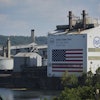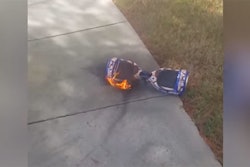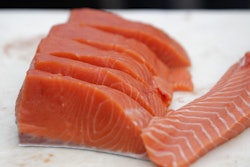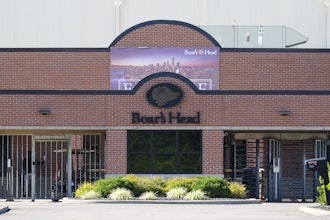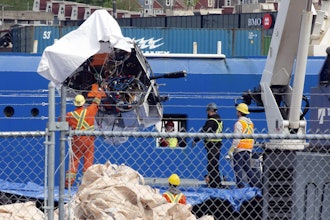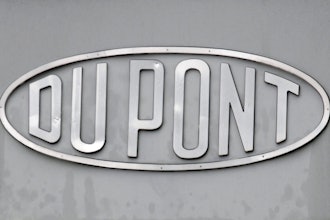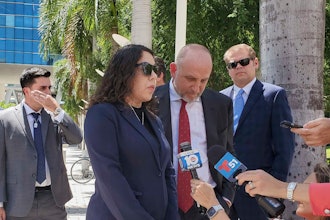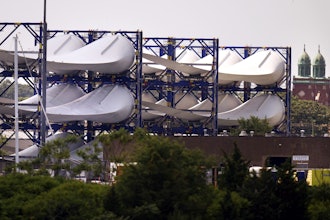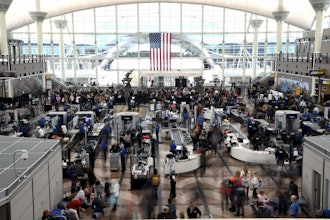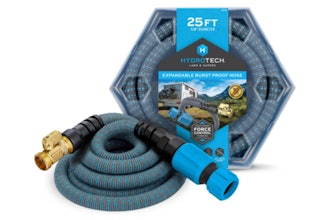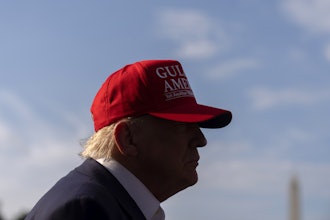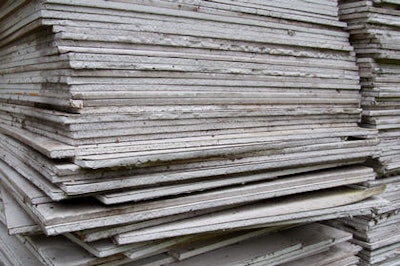
NEW ORLEANS (AP) — A federal judge will hear closing arguments Tuesday about whether a Chinese drywall manufacturer held back information about its U.S. sales by failing to disclose a former official's whereabouts.
Peng Wenlong was head of foreign sales for Taishan Gypsum Co. Ltd. when it sold drywall that thousands of homeowners in six states say released sulfur fumes that made them sick and corroded metals, plaintiffs' attorney Fred Longer said Monday.
"We were told repeatedly that he'd left the company and no one knows where he is, when in fact he went to work for the owner's wife and they always knew where he was," Longer said.
Taishan's attorneys did not immediately respond to a request for comment.
Longer said plaintiffs' attorneys received Peng's computer and hard drives only this year. They found evidence that could have eliminated a long court fight over whether courts in this country had any right to handle the case, had it been produced when first requested four or five years ago, he said.
"There were just a lot of legal resources that were squandered as a result of them hiding the tea — hiding the evidence," Longer said.
U.S. District Judge Eldon Fallon heard evidence about the matter in November, but sealed those records. However, Tuesday's closing arguments will be open.
Fallon also is considering how much Taishan Gypsum should pay people for damage from the drywall, but has not said when he will rule on that. He heard evidence about that question in June.
Taishan paid seven Virginia homeowners and their attorneys $2.7 million, plus about $500,000 interest earlier this year.
It would be unfair to use those figures as the basis for figuring damages in a class-action suit involving 2,700 homes in Florida, Alabama, Mississippi, Louisiana, Texas, and elsewhere in Virginia, Taishan's attorneys said during arguments in June.
Claims dropped from the class action, such as loss and enjoyment of property, attorneys' fees and "move-in/move-out" costs, are to be tried separately, and about 1,000 more cases don't fit into the dollars-per-square-foot formula to be set by Fallon and will be tried individually, plaintiffs' attorneys have said.

